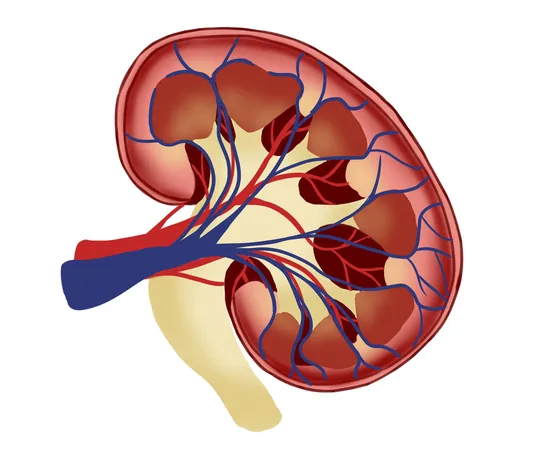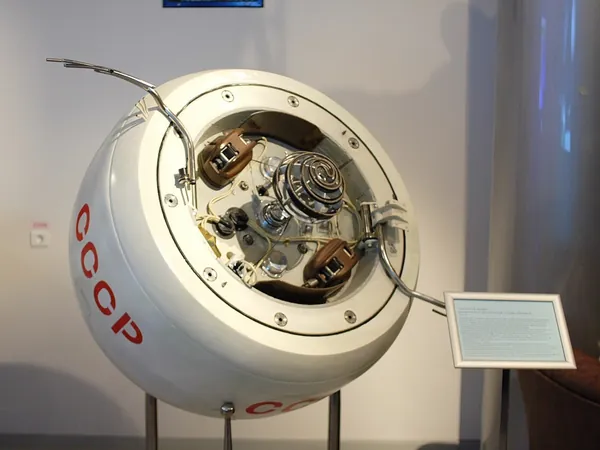
Revolutionizing Acute Kidney Injury Treatment: A New Hope on the Horizon!
2025-04-15
Author: Sarah
Unlocking the Secrets of Acute Kidney Injury (AKI)!
Researchers at Yale School of Medicine are making groundbreaking strides in understanding acute kidney injury (AKI), a condition that could otherwise lead to chronic kidney damage if not promptly addressed. Published in the prestigious Journal of Clinical Investigation, their recent review sheds light on the types of tubulointerstitial responses associated with AKI, potentially paving the way for innovative treatments.
Why AKI Matters
The kidneys play a vital role in filtering waste and maintaining the body’s balance. Yet, when their function falters, AKI can occur, creating a medical dilemma that nephrologists frequently address in hospitals. Alarmingly, treatments for AKI have remained stagnant for over a century, underscoring the urgent need for advancements in the field.
A New Framework for Understanding AKI
In their comprehensive review, the researchers classified AKI into four categories of tubular epithelial cell injury—ischemic, toxic, septic, and primary immune-mediated. According to Dr. Megan Baker, a postdoctoral fellow and the paper's lead author, this classification is crucial for pinpointing the pathways impacted by different types of injuries. “By reevaluating existing literature, we can truly encapsulate what AKI is,” she claims.
Innovative Research Techniques at Work
Utilizing cutting-edge imaging mass cytometry (IMC) on human kidney tissues from the Yale Kidney Biobank, the Cantley Laboratory examines how AKI alters protein levels in tubular cells. This approach also allows them to explore how changes in cell relationships during AKI could reveal new therapeutic targets. Dr. Lloyd G. Cantley, the second author and a leading nephrology expert, emphasizes the importance of translating animal research to human applications for a deeper understanding of AKI.
Personalized Medicine: The Future of AKI Treatment?
Traditionally, the treatment of AKI has followed a 'one size fits all' approach, but Cantley insists that this needs to change. “Different AKIs have unique injury mechanisms. We need targeted therapies that address these specific issues,” he asserts. Baker complements this by stating, “Currently, steroids are our only treatment, but they’re only effective for acute interstitial nephritis.”


 Brasil (PT)
Brasil (PT)
 Canada (EN)
Canada (EN)
 Chile (ES)
Chile (ES)
 Česko (CS)
Česko (CS)
 대한민국 (KO)
대한민국 (KO)
 España (ES)
España (ES)
 France (FR)
France (FR)
 Hong Kong (EN)
Hong Kong (EN)
 Italia (IT)
Italia (IT)
 日本 (JA)
日本 (JA)
 Magyarország (HU)
Magyarország (HU)
 Norge (NO)
Norge (NO)
 Polska (PL)
Polska (PL)
 Schweiz (DE)
Schweiz (DE)
 Singapore (EN)
Singapore (EN)
 Sverige (SV)
Sverige (SV)
 Suomi (FI)
Suomi (FI)
 Türkiye (TR)
Türkiye (TR)
 الإمارات العربية المتحدة (AR)
الإمارات العربية المتحدة (AR)